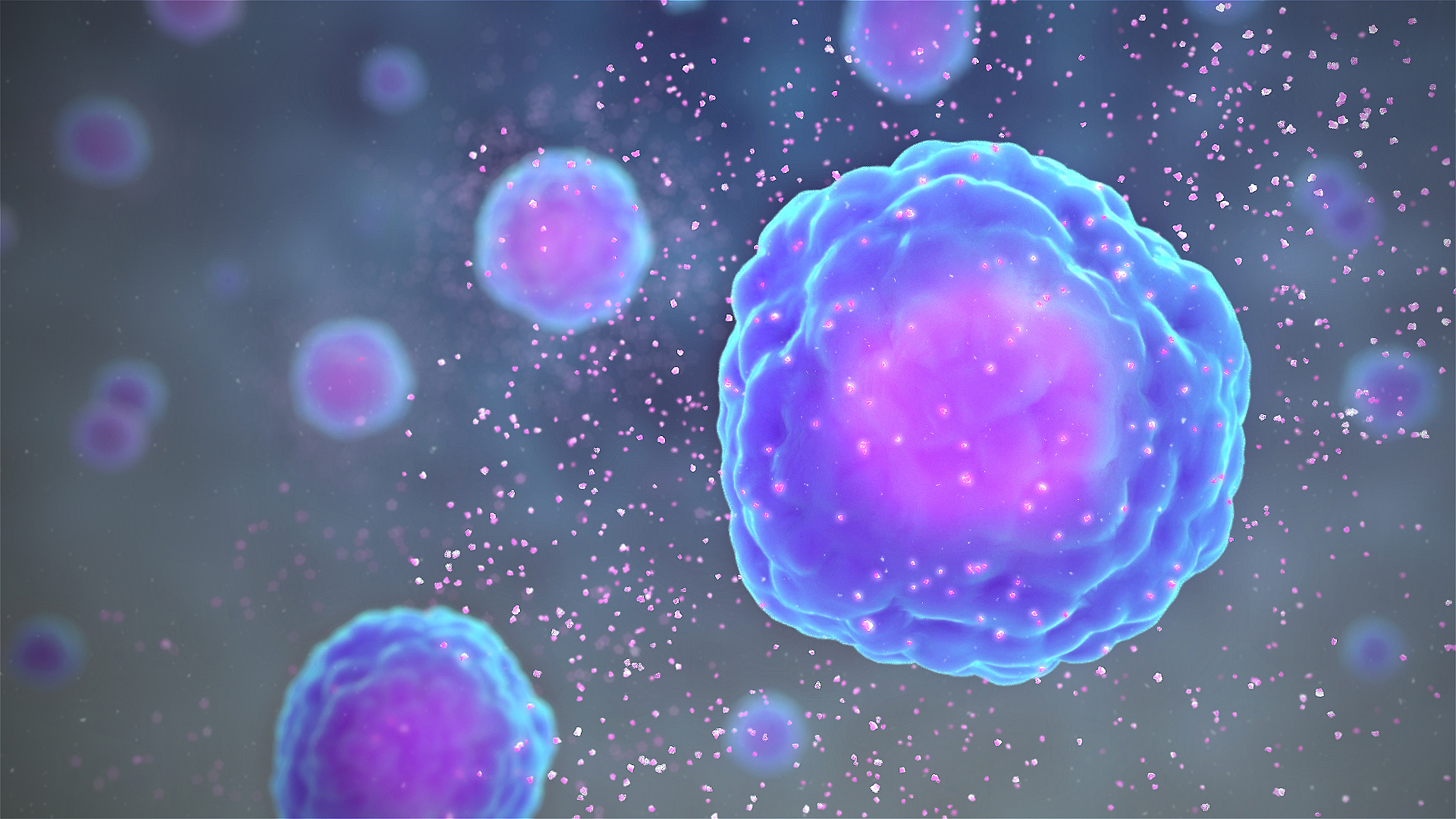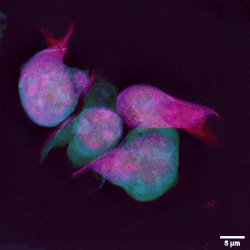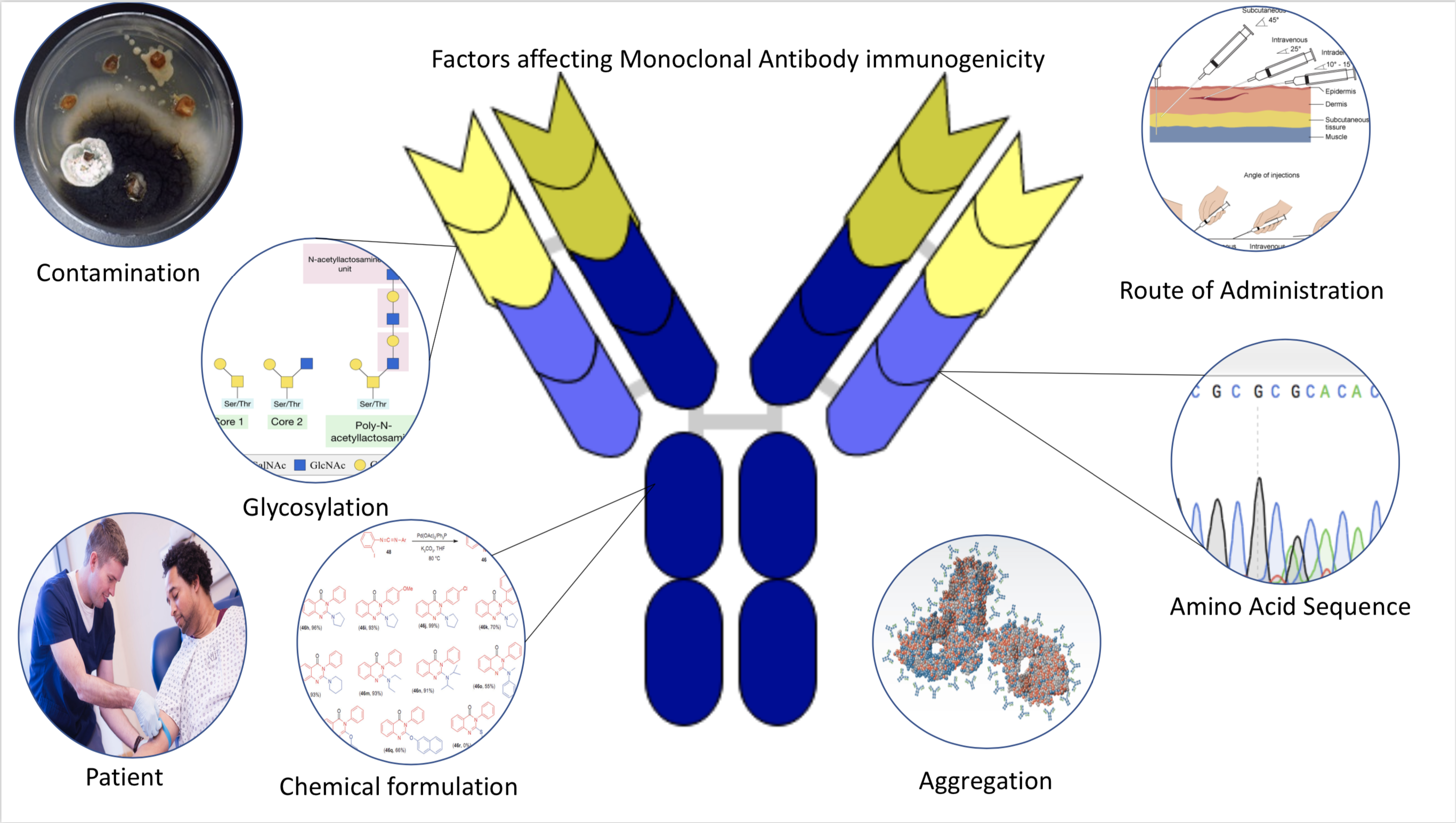|
Nicotine Vaccine
Nicotine vaccine is a novel immunological strategy for treating Nicotine dependence, nicotine addiction. Nicotine vaccine uses active immunization as the methodology to create Polyclonal Antibody, polyclonal antibodies to the antigens, which is then used to treat drug abuse. The immune system is then able to identify nicotine as a foreign substance and initiate an immune reaction targeting the drug. As a result, the quantity of nicotine that enters the brain would decrease after receiving the vaccine. In preclinical studies, nicotine vaccines have demonstrated the ability to combat the negative effects of nicotine abuse, but none of the developed vaccines has been authorized for use in clinical trials as a smoking cessation strategy. Theoretically, the decrease of nicotine's rewarding effects should result in smoking cessation. Some companies have tested candidate vaccines in clinical trials, but evidence failed to show the adequate antibody responses or exhibit superior efficacy to ... [...More Info...] [...Related Items...] OR: [Wikipedia] [Google] [Baidu] |
Nicotine Dependence
Nicotine dependence is a state of substance dependence on nicotine. It is a Chronic condition, chronic, relapsing disease characterized by a Compulsive behavior, compulsive craving to use the drug despite social consequences, loss of control over drug intake, and the emergence of withdrawal symptoms. Drug tolerance, Tolerance is another component of drug dependence. Nicotine dependence develops over time as an individual continues to use nicotine. While Cigarette, cigarettes are the most commonly used tobacco product, all forms of tobacco use—including smokeless tobacco and e-cigarette use—can cause dependence. Nicotine dependence is a serious public health problem because it leads to continued tobacco use and the Health effects of tobacco, associated negative health effects. Tobacco use is one of the leading preventable causes of death worldwide, causing more than 8 million deaths per year and killing half of its users who do not quit. Current smokers are estimated to die an av ... [...More Info...] [...Related Items...] OR: [Wikipedia] [Google] [Baidu] |
Nicotinic Acetylcholine Receptor
Nicotinic acetylcholine receptors, or nAChRs, are Receptor (biochemistry), receptor polypeptides that respond to the neurotransmitter acetylcholine. Nicotinic receptors also respond to drugs such as the agonist nicotine. They are found in the central and peripheral nervous system, muscle, and many other tissues of many organisms. At the neuromuscular junction they are the primary receptor in muscle for motor nerve-muscle communication that controls muscle contraction. In the peripheral nervous system: (1) they transmit outgoing signals from the presynaptic to the postsynaptic cells within the Sympathetic nervous system, sympathetic and parasympathetic nervous system, and (2) they are the receptors found on skeletal muscle that receive acetylcholine released to signal for muscular contraction. In the immune system, nAChRs regulate inflammatory processes and signal through distinct intracellular pathways. In insects, the cholinergic system is limited to the central nervous system. ... [...More Info...] [...Related Items...] OR: [Wikipedia] [Google] [Baidu] |
Cytokine
Cytokines () are a broad and loose category of small proteins (~5–25 kDa) important in cell signaling. Cytokines are produced by a broad range of cells, including immune cells like macrophages, B cell, B lymphocytes, T cell, T lymphocytes and mast cells, as well as Endothelium, endothelial cells, fibroblasts, and various stromal cells; a given cytokine may be produced by more than one type of cell. Due to their size, cytokines cannot cross the lipid bilayer of cells to enter the cytoplasm and therefore typically exert their functions by interacting with specific cytokine receptor, cytokine receptors on the target cell surface. Cytokines are especially important in the immune system; cytokines modulate the balance between humoral immunity, humoral and cell-mediated immunity, cell-based immune responses, and they regulate the maturation, growth, and responsiveness of particular cell populations. Some cytokines enhance or inhibit the action of other cytokines in complex way ... [...More Info...] [...Related Items...] OR: [Wikipedia] [Google] [Baidu] |
Lymphocyte
A lymphocyte is a type of white blood cell (leukocyte) in the immune system of most vertebrates. Lymphocytes include T cells (for cell-mediated and cytotoxic adaptive immunity), B cells (for humoral, antibody-driven adaptive immunity), and innate lymphoid cells (ILCs; "innate T cell-like" cells involved in mucosal immunity and homeostasis), of which natural killer cells are an important subtype (which functions in cell-mediated, cytotoxic innate immunity). They are the main type of cell found in lymph, which prompted the name "lymphocyte" (with ''cyte'' meaning cell). Lymphocytes make up between 18% and 42% of circulating white blood cells. Types The three major types of lymphocyte are T cells, B cells and natural killer (NK) cells. They can also be classified as small lymphocytes and large lymphocytes based on their size and appearance. Lymphocytes can be identified by their large nucleus. T cells and B cells T cells (thymus cells) and B cells ( bone marrow- ... [...More Info...] [...Related Items...] OR: [Wikipedia] [Google] [Baidu] |
Polyclonal Antibodies
Polyclonal antibodies (pAbs) are antibodies that are secreted by different B cell lineages within the body (whereas monoclonal antibodies come from a single cell lineage). They are a collection of immunoglobulin molecules that react against a specific antigen, each identifying a different epitope. Production The general procedure to produce polyclonal antibodies is as follows: # Antigen preparation # Adjuvant selection and preparation # Animal selection # Injection process # Blood serum extraction An antigen/adjuvant conjugate is injected into an animal of choice to initiate an amplified immune response. After a series of injections over a specific length of time, the animal is expected to have created antibodies against the conjugate. Blood is then extracted from the animal and then purified to obtain the antibody of interest. Inoculation is performed on a suitable mammal, such as a mouse, rabbit or goat. Larger mammals are often preferred as the amount of serum that can ... [...More Info...] [...Related Items...] OR: [Wikipedia] [Google] [Baidu] |
Conjugated Protein
A conjugated protein is a protein that functions in interaction with other (non-polypeptide) chemical groups attached by covalent bonding or weak interactions. Many proteins contain only amino acids and no other chemical groups, and they are called simple proteins. However, other kind of proteins yield, on hydrolysis, some other chemical component in addition to amino acids and they are called conjugated proteins. The non-amino part of a conjugated protein is usually called its prosthetic group. Most prosthetic groups are formed from vitamins. Conjugated proteins are classified on the basis of the chemical nature of their prosthetic groups. Examples Some examples of conjugated proteins are lipoproteins, glycoproteins, Nucleoproteins, phosphoproteins, hemoproteins, flavoproteins, metalloproteins, phytochromes, cytochromes, opsins, and chromoproteins. Hemoglobin contains the prosthetic group known as heme. Each heme group contains an iron ion (Fe2+) which forms a co-ordinate bo ... [...More Info...] [...Related Items...] OR: [Wikipedia] [Google] [Baidu] |
Vaccination
Vaccination is the administration of a vaccine to help the immune system develop immunity from a disease. Vaccines contain a microorganism or virus in a weakened, live or killed state, or proteins or toxins from the organism. In stimulating the body's Adaptive immune system, adaptive immunity, they help prevent sickness from an infectious disease. When a sufficiently large percentage of a population has been vaccinated, herd immunity results. Herd immunity protects those who may be immunocompromised and cannot get a vaccine because even a weakened version would harm them. The effectiveness of vaccination has been widely studied and verified. Vaccination is the most effective method of preventing infectious diseases; widespread immunity due to vaccination is largely responsible for the Eradication of infectious diseases, worldwide eradication of smallpox and the elimination of diseases such as polio and tetanus from much of the world. According to the World Health Organization ... [...More Info...] [...Related Items...] OR: [Wikipedia] [Google] [Baidu] |
Antibody
An antibody (Ab) or immunoglobulin (Ig) is a large, Y-shaped protein belonging to the immunoglobulin superfamily which is used by the immune system to identify and neutralize antigens such as pathogenic bacteria, bacteria and viruses, including those that cause disease. Each individual antibody recognizes one or more specific antigens, and antigens of virtually any size and chemical composition can be recognized. Antigen literally means "antibody generator", as it is the presence of an antigen that drives the formation of an antigen-specific antibody. Each of the branching chains comprising the "Y" of an antibody contains a paratope that specifically binds to one particular epitope on an antigen, allowing the two molecules to bind together with precision. Using this mechanism, antibodies can effectively "tag" the antigen (or a microbe or an infected cell bearing such an antigen) for attack by cells of the immune system, or can neutralize it directly (for example, by blocking a p ... [...More Info...] [...Related Items...] OR: [Wikipedia] [Google] [Baidu] |
Immunogenicity
Immunogenicity is the ability of a foreign substance, such as an antigen, to provoke an immune response in the body of a human or other animal. It may be wanted or unwanted: * Wanted immunogenicity typically relates to vaccines, where the injection of an antigen (the vaccine) provokes an immune response against the pathogen, protecting the organism from future exposure. Immunogenicity is a central aspect of vaccine development. * Unwanted immunogenicity is an immune response by an organism against a therapeutic antigen. This reaction leads to production of anti-drug-antibodies (ADAs), inactivating the therapeutic effects of the treatment and potentially inducing adverse effects. A challenge in biotherapy is predicting the immunogenic potential of novel protein therapeutics. For example, immunogenicity data from high-income countries are not always transferable to low-income and middle-income countries. Another challenge is considering how the immunogenicity of vaccines changes wi ... [...More Info...] [...Related Items...] OR: [Wikipedia] [Google] [Baidu] |
Adjuvants, Immunologic
In immunology, an adjuvant is a substance that increases or modulates the immune response to a vaccine. The word "adjuvant" comes from the Latin word , meaning to help or aid. "An immunologic adjuvant is defined as any substance that acts to accelerate, prolong, or enhance antigen-specific immune responses when used in combination with specific vaccine antigens." In the early days of vaccine manufacture, significant variations in the efficacy of different batches of the same vaccine were correctly assumed to be caused by contamination of the reaction vessels. However, it was soon found that more scrupulous cleaning actually seemed to ''reduce'' the effectiveness of the vaccines, and some contaminants actually enhanced the immune response. There are many known adjuvants in widespread use, including potassium alum, various plant and animal derived oils and virosomes. Overview Adjuvants in immunology are often used to modify or augment the effects of a vaccine by stimulating the ... [...More Info...] [...Related Items...] OR: [Wikipedia] [Google] [Baidu] |
Immunogen
An immunogen is any substance that generates B-cell (humoral/antibody) and/or T-cell (cellular) adaptive immune responses upon exposure to a host organism. Immunogens that generate antibodies are called antigens ("antibody-generating"). Immunogens that generate antibodies are directly bound by host antibodies and lead to the selective expansion of antigen-specific B-cells. Immunogens that generate T-cells are indirectly bound by host T-cells after processing and presentation by host antigen-presenting cells. An immunogen can be defined as a complete antigen which is composed of the macromolecular carrier and epitopes (determinants) that can induce immune response. An explicit example is a hapten. Haptens are low-molecular-weight compounds that may be bound by antibodies, but cannot elicit an immune response. Consequently, the haptens themselves are nonimmunogenic and they cannot evoke an immune response until they bind with a larger carrier immunogenic molecule. The hapten-car ... [...More Info...] [...Related Items...] OR: [Wikipedia] [Google] [Baidu] |





